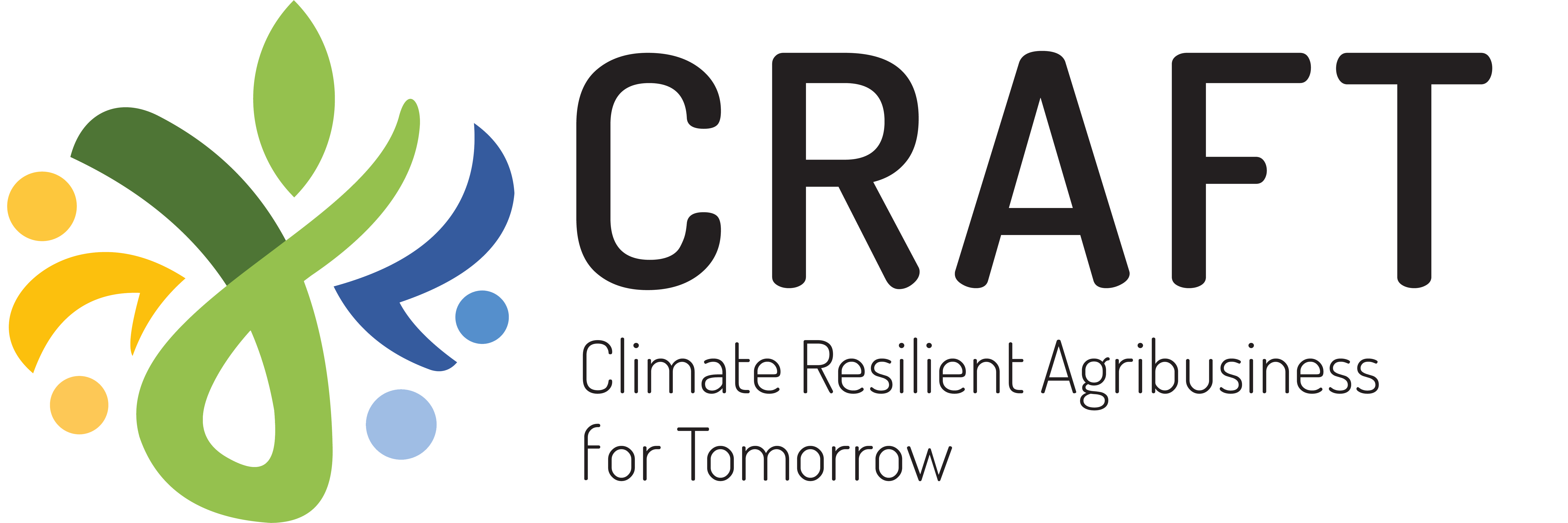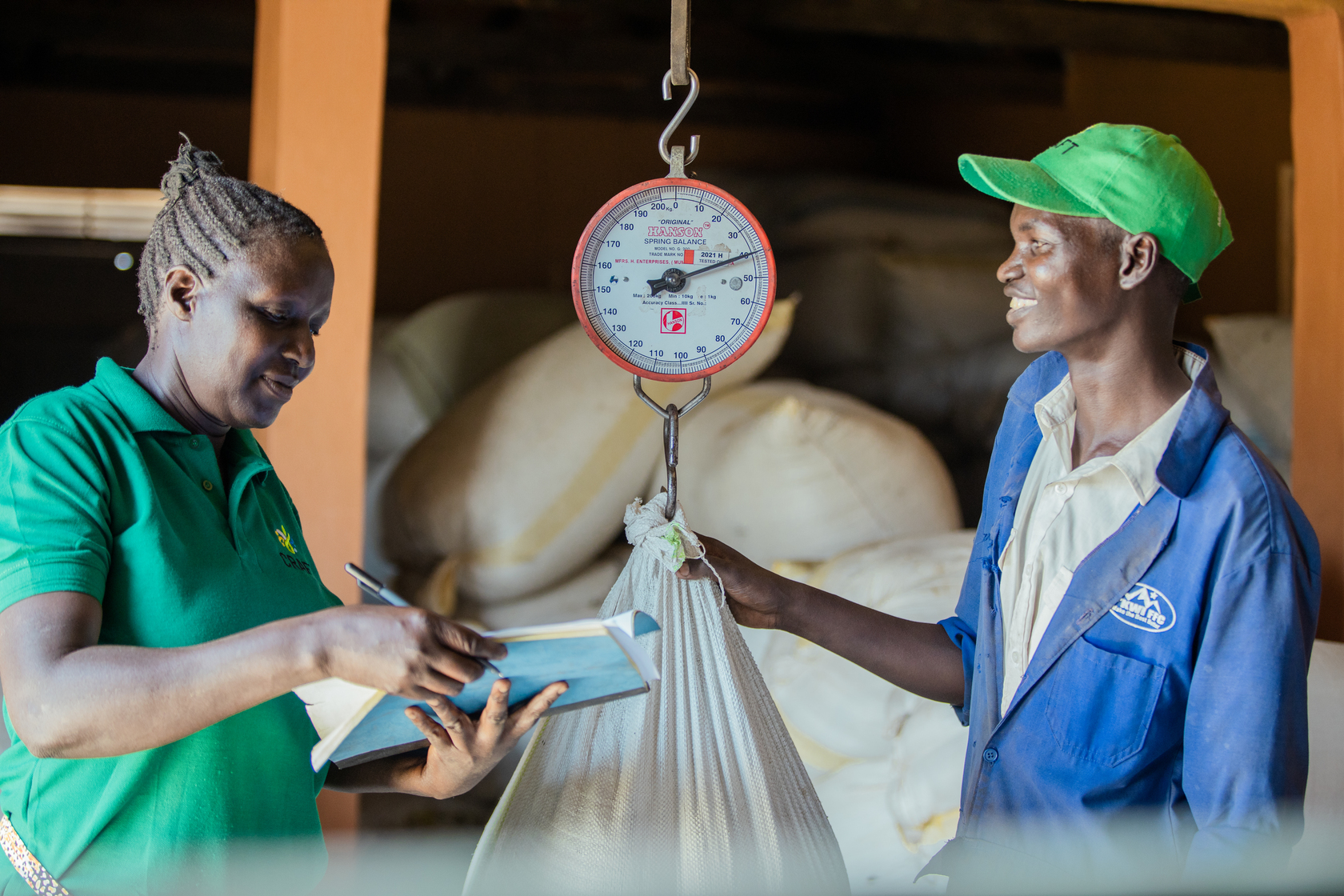Agriculture plays a vital role in the livelihoods of approximately 80% of the East African population, and as evidenced by the recent budgets of Kenya, Tanzania, and Uganda, the sector has been rightfully recognized as a key pillar in the development of these nations. However, in the face of numerous challenges primarily stemming from climate change and its associated impacts, it is crucial to recognize the significant role the private sector can play in enhancing climate resilience and increasing incomes in the food value chain.
The Climate-Resilient Agribusiness for Tomorrow (CRAFT) project is an example of how the private sector can play a role in supporting climate change adaptation strategies. With funding from the Dutch Ministry of Foreign Affairs and implemented by SNV, Wageningen University and Research, Agriterra, AICCRA, and Rabo partnerships, this five-year project partners with agribusinesses and farmer cooperatives in Kenya, Tanzania, and Uganda to strengthen their business performance and facilitate the resilience of smallholder farmers. By de-risking investments in specific agricultural value chains, CRAFT has attracted private sector investment exceeding 10 million euros from 56 agribusinesses and cooperatives. The project itself invested seven million euros in the supported agribusinesses and companies to climate proof their supply chain by having 260,000 smallholder farmers trained in various climate smart technologies and practices.
Through this partnership, we have identified areas in which private sector involvement has increased climate resilience and incomes in the food value chain. First, the private sector is crucial in ensuring that climate action is inclusive and reaches marginalised groups, particularly women and youth. They also enable smallholder farmers to gain access to vital climate smart information, technologies, and practices like certified seeds, fertilizers, and weather information, which in turn has empowered farmers to enhance their productivity and adapt to changing climatic conditions. They have also played a vital role in creating sustainable market opportunities, especially for low-margin crops. In these ways, the private sector can contribute to the creation of resilient food systems.
However, several barriers impede the private sector’s engagement in climate action. Access to information on climate risks and opportunities, as well as finance for adaptation, remains a challenge. Additionally, a suitable legal and regulatory framework is needed to foster private sector investment in climate change adaptation. Furthermore, it is imperative to prioritize the development of capacity within agri-enterprises and among farmers to effectively respond to the challenges posed by climate change. The CRAFT project has developed climate risk assessments and crop suitability maps to provide information to agribusinesses and cooperatives to make sound decisions. To improve the resilience of smallholder farmers climate smart technical training manuals were developed and over 4,300 extension workers and lead farmers were trained in its use, which was then cascaded down to the 260,000 farmers trained.
Governments play a key role in addressing these barriers. In addition to their efforts, governments in Kenya, Tanzania and Uganda should continue creating enabling legal, institutional, and regulatory frameworks and incentives that attract private sector engagement in climate change adaptation. In addition, they should increase domestic financing to attract private actors’ investment in food value chains through public finance instruments such as tax benefits, credit enhancement, and risk-sharing mechanisms. They should also strengthen the engagement and involvement of the private sector in climate change adaptation planning and implementation and development of mitigation pathways. Additionally, building the capacity of agri-enterprises and farmers on CSA practices will enhance their ability to respond effectively to climate change. CRAFT in the three countries supports stakeholder platforms to bring various actors and stakeholders together to discuss the above points.
The private sector holds immense potential in increasing climate resilience and incomes in East Africa's food value chain. By leveraging their resources, expertise, and market-oriented approach, private sector entities can drive climate action, enhance climate resilience, and improve the livelihoods of smallholder farmers. It is imperative to actively engage the private sector in the development of climate-resilient food value chains, fostering a sustainable and prosperous future for East Africa.
By Menno Keizer
Read the CRAFT policy brief Increasing Climate Resilience and Incomes in the Food Value Chains: Six Opportunity Areas for Private Sector Support in East Africa.










